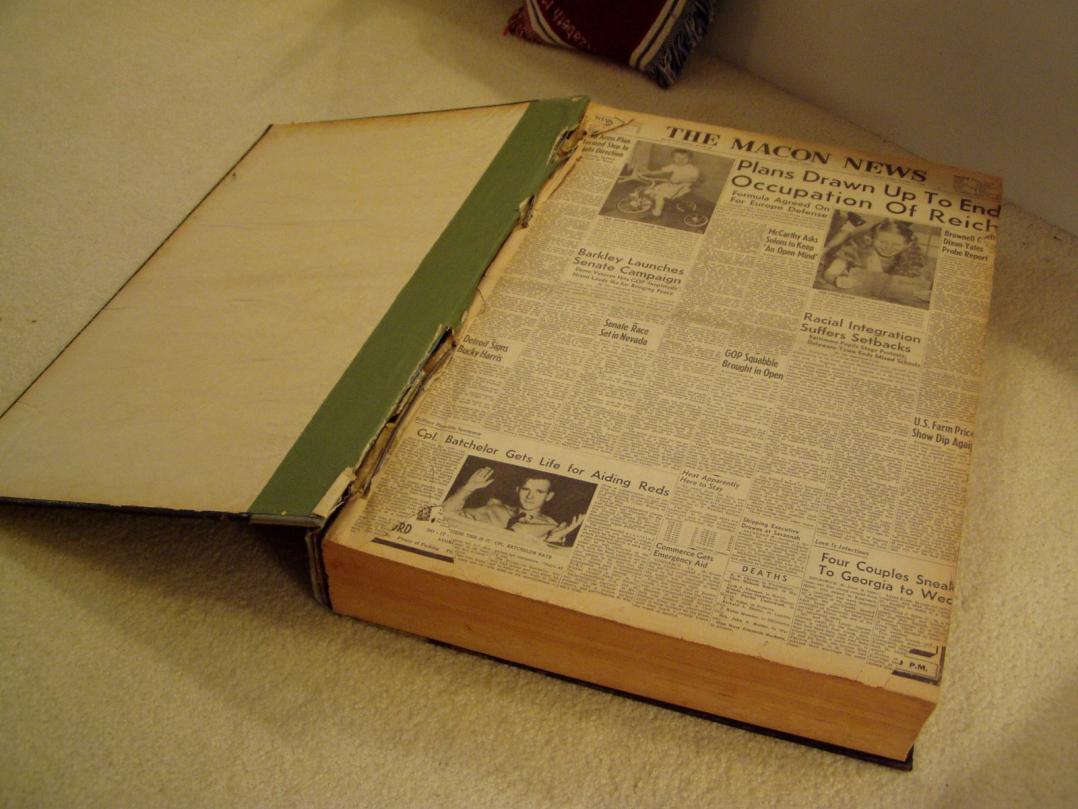What Are the Best Practices for Writing Effective Book Reviews?
Book reviews are a vital part of the literary world, providing readers with insights into new and upcoming books, helping authors gain recognition and feedback, and shaping the overall discourse surrounding literature. Whether you're an aspiring book reviewer or simply want to write more thoughtful and impactful reviews, understanding the best practices for effective book reviews is essential.

Key Elements Of An Effective Book Review
A. Clear and Concise Summary
A well-written book review should provide a concise overview of the book's plot, characters, and themes without giving away major spoilers. Avoid excessive detail that might detract from the reader's experience. Instead, focus on capturing the essence of the story and piquing the reader's interest.
B. Critical Analysis
The critical analysis section is where you express your personal opinion of the book, explaining what you liked and disliked about it. Support your opinions with specific examples from the text, highlighting the book's strengths and weaknesses. Consider the book's overall impact on you as a reader, and whether it met your expectations.
C. Contextualization
To add depth to your review, discuss the book's relevance to current events, other works in the same genre, or the author's body of work. Explore the book's historical, cultural, or social significance, providing readers with a broader understanding of the context in which the book was written.
D. Writing Style and Structure
Evaluate the author's writing style, including their use of language, imagery, and narrative techniques. Comment on the book's structure, pacing, and overall flow. Consider whether the author's style and approach effectively conveyed the story and enhanced your reading experience.
E. Recommendation
Provide a clear recommendation to readers, indicating whether you would recommend the book and to whom. Explain your recommendation based on the book's strengths and weaknesses. Consider factors such as the book's genre, target audience, and overall quality when making your recommendation.
Best Practices For Writing Effective Book Reviews
A. Read the Book Carefully
To write an effective book review, it's essential to read the book carefully and attentively. Pay attention to details such as plot twists, character development, and the author's writing style. Take notes while reading to help you remember key points and quotes that you can use to support your analysis.
B. Consider Your Audience
Tailor your review to the intended audience, whether it's general readers, fellow bookworms, or potential buyers. Consider what information and insights would be most valuable to your readers. For example, if you're writing for a general audience, focus on providing a comprehensive overview of the book and highlighting its strengths and weaknesses. If you're writing for fellow bookworms, you might delve deeper into the book's themes and symbolism.
C. Be Honest and Objective
Express your genuine opinion of the book, even if it's negative. Avoid personal attacks on the author or other readers. Be respectful of differing opinions and acknowledge that not everyone will share your perspective. Strive to provide a balanced and objective review that presents both the positive and negative aspects of the book.
D. Use Clear and Concise Language
Avoid jargon and technical terms that might alienate your readers. Write in a style that is easy to understand and engaging. Use clear and concise language that conveys your thoughts and opinions effectively. Avoid rambling or using excessive adjectives and adverbs.
E. Proofread Carefully
Ensure that your review is free of grammatical errors, typos, and formatting issues. A polished and well-written review reflects well on your credibility as a reviewer. Proofread your review carefully before publishing it, checking for any errors that might detract from the overall quality of your writing.
Writing effective book reviews requires a combination of critical thinking, analytical skills, and clear writing. By following the best practices outlined above, you can create reviews that inform, engage, and inspire your readers. Remember, the goal of a book review is not only to evaluate a book but also to encourage readers to explore new literary horizons and broaden their perspectives on the world of literature.
YesNo

Leave a Reply